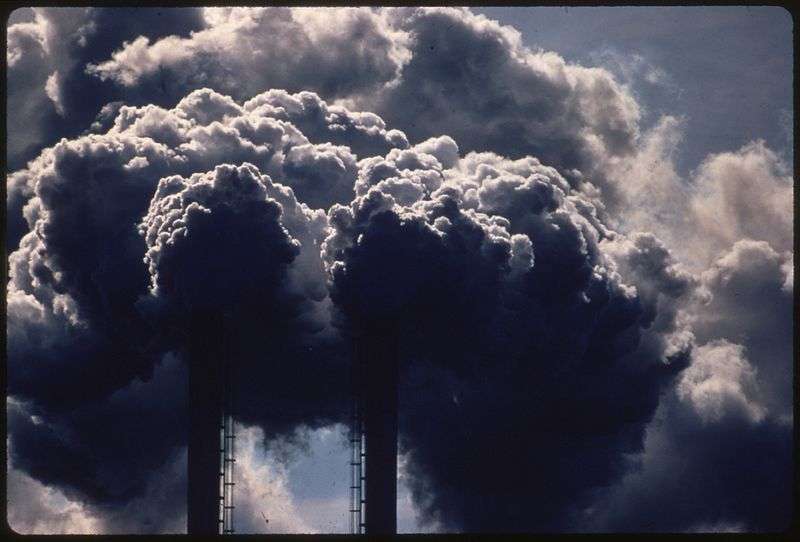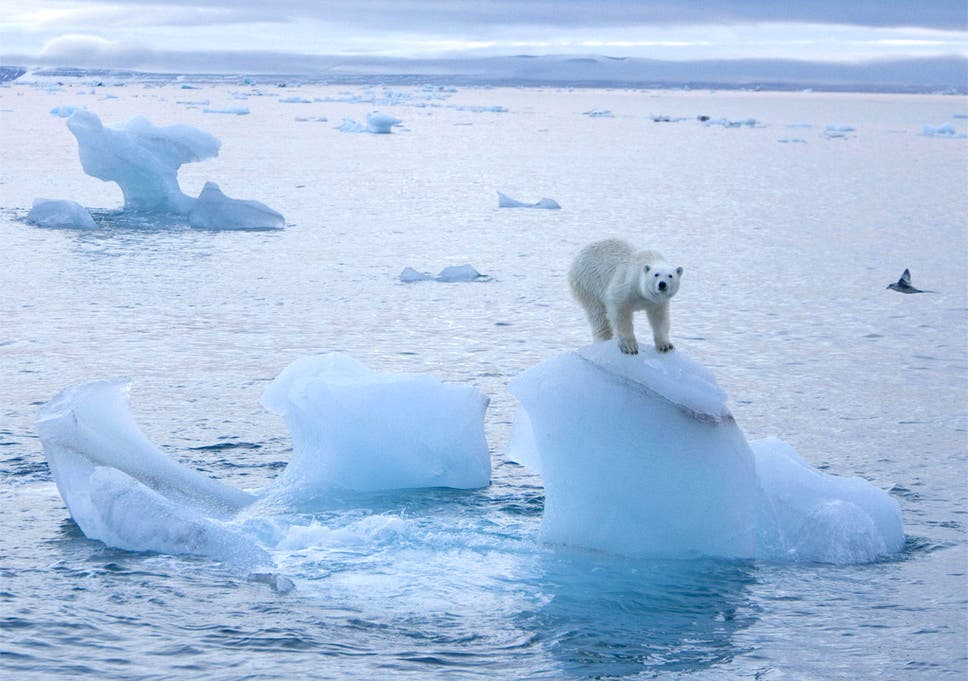Pollution spikes as governments shift focus from ecology to economy

In a rush to revive economy, governments are giving a free pass for pollution to return
Euphoria over clean environment during lockdown is replaced with despair as pollution levels soar again & leaders look for economic recovery at all costs, especially cost of environment.
Last month, United States President Donald Trump signed an order opening up 1.5 million acres in the Arctic National Wildlife Refuge for oil and gas companies, threatening fragile ecosystem in Alaska. Days earlier, a report said that to counter the rapid ice-melt in the Arctic had forced companies drilling oil in the Arctic to chill their drilling fields in order to be able to use the machines.
Trump signed the order even as he is in a difficult reelection campaign and he could be booted out of office on November 3. But unconcerned, Trump announced that his decision would enable creation of thousands of jobs. Indeed, at a time when the global economy is passing through its worst-ever phase, for political leaders, creation of jobs and revival of the economy at any cost is the easiest way to show that they are in control and are taking bold steps to help economic revival. And this claim is even more crucial for leaders heading into an election.
While Trump was never the one that environmentalists would look up to, unfortunately, the news from other parts of the world on how the recovery from coronavirus crisis is being dealt with by governments is equally gloomy. Consider this from Europe which is a self-declared leader in ecological protection and green policies.
In June, barely a fortnight after France ended a strict lockdown that had been in place since March, Paris municipal authorities issued a red alert over air pollution and imposed speed limits as well as curbs on movement of traffic in city centre.
Since mid-June, air pollution levels all over Europe, notably in large metropolises like Paris, Milan and Brussels which all went on to register sharp spikes in pollution levels, notably nitrogen dioxide, that is released by automobile combustion engines. As offices reopened and restrictions on public movement lifted, an overwhelming number of commuters avoided using public transported due to fears of contracting the virus in a bus or metro and preferred to use their personal vehicles in order to go to work or shopping. For instance, London Transport was running with 12 percent of its normal load in mid-July as people shifted to cars. As a result, nitrogen dioxide levels more than doubled from the levels of lockdown in major cities in a very short span of time.
While Europe was battling automobile pollution, forest fires were once again flaring in different countries, from Siberia to Canada and California. This year has seen the worst forest fires in many countries. In Siberia, over 20 million hectares of forests, an area bigger than Greece, have been destroyed, while Canada and California, too, have witnessed unprecedented blazes.
Besides fighting forest fires, excessive heat in Canada also led to the last intact ice-shelf breaking off into two pieces, each bigger than the Manhattan Island, and floating into the Arctic Sea. Indeed, the summer temperatures registered in the Tundras this year have been the highest ever, sending yet another clear signal that global warming continued to accelerate.

Uncontrolled global warming has accelerated melting of ice to unprecedented levels
Normally, so many climate-related tragedies occurring within a few weeks of each other would have dominated global media for a long time and public discourse even longer, with increased pressure on governments as well as international organizations to undertake immediate measures to curb pollution. However, in most cases, the media, the governments as well as the international bodies, at least an overwhelming number of them, have been preoccupied with the seemingly unstoppable coronavirus pandemic and as a result climate change as a subject is now only on the sidelines.
This is a far cry from just a few months ago, more precisely the beginning of 2020 when global leaders were being warned by various environmental activists that humanity was already paying a heavy price for inaction of the leaders to curb pollution and carbon emissions.
Politicians taking the easy way to an economic revival spells doom for the global environment and the battle to arrest climate change and reverse global warming. So far, it seems to be true for most countries around the world where the lockdowns have ended or been eased enough for some economic activity to resume. In such a situation, it is perhaps the moral responsibility of two of the largest economic blocs that are also among the largest contributors to the global environmental catastrophe to take a distinct stance on the path to recovery that they would guide their countries to take. One is the EU, from where there have been mixed and confusing signals not only from different countries but indeed different parts of the same countries as well.
The French President Emmanuel Macron, for instance, began well by insisting that the EUR 1 trillion economic bailout package developed by his government be used by beneficiary companies in a visibly green way and to show the resultant reduction in carbon footprints. However, there has not been any institutional mechanism put in place to monitor this or penalize businesses that fail to achieve carbon emission reductions. The EU needs to act as a bloc and put in place a strong mechanism for region-wide monitoring and reporting over the green footprint of the bailout packages.
The elephant in the room is of course the United States, the second largest polluter in the world and the only country to have withdrawn from the Paris Agreement. However, things could radically alter within a few weeks, if the current trends in the Presidential elections hold until November 3. If the US electorate decides to dump the incumbent Donald Trump in the garbage can of history, where he truly belongs, the biggest succor to the battle to save the planet could indeed come from the United States as having anyone other than Trump in the White House would be very good news and would see a significant alteration, if not total reversal, in the environmental policies of the United States. There is hope for Mother Earth.









